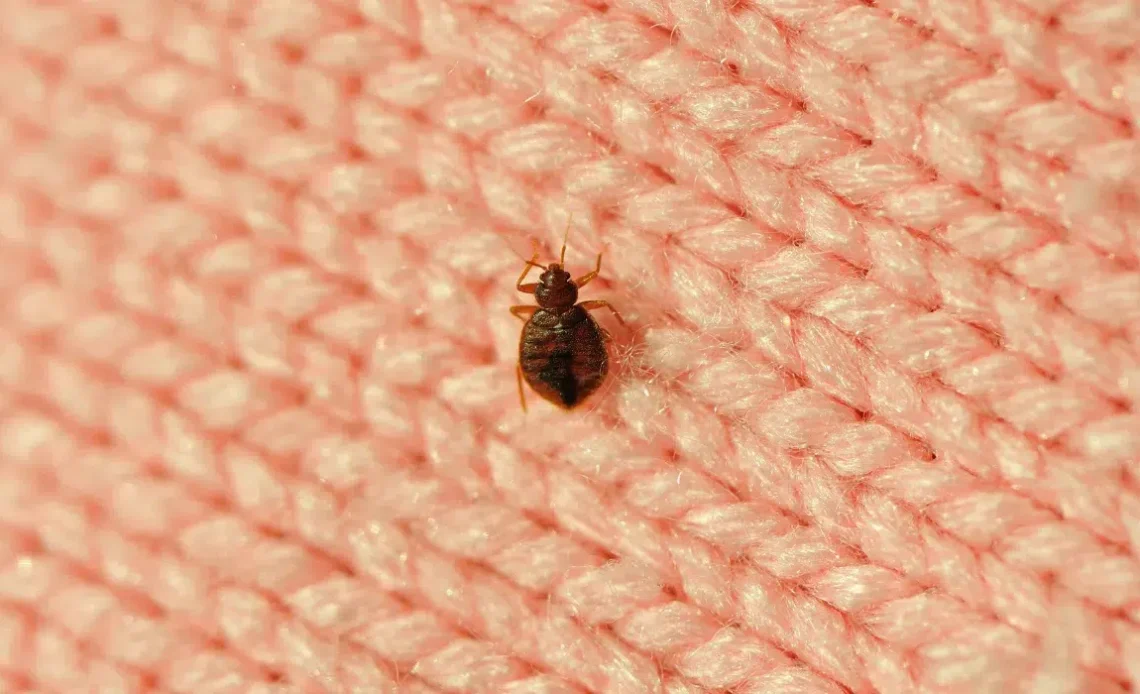Bed bugs can be a serious concern for many households in Arizona. These pests hide in small cracks and bite at night. Bed bugs slip into luggage, backpacks, furniture, and clothing. They settle in spots near sleeping areas and spread from room to room. But should people in Arizona be scared of bed bugs? Concern for activity is reasonable, but fear does not help. A clear understanding of their behavior, risks, and solutions allows people to take control of the situation. Thus, they can turn to Green Mango Pest Control for help in eliminating current infestations and preventing future ones. They can learn more about the best pest control services at greenmangopest.com.
Why Bed Bugs Are a Problem in Arizona
Warm weather stretches throughout most of the year in Arizona. Frequent travel, high tourism, and steady movement of people between cities allow small hitchhiking pests to thrive. Bed bugs do not rely on outdoor conditions the way other pests do. Rather, they live indoors, near humans.
Hotels, apartments, senior living communities, and college dorms see the most movement, which increases the chance of bed bug transfer. Sadly, infestations can grow quickly once these pests gain access to new items or new sleeping areas.
What Bed Bugs Do and Why They Cause Stress
Bed bugs feed on blood. They prefer to feed at night, when people are still. Their bites may leave clusters or lines on the skin, though some people do not have marks at all. The stress comes from a mix of discomfort, lack of sleep, and difficulty identifying the source. Bed bugs hide in mattress seams, box springs, headboards, bed frames, baseboards, outlets, and upholstered furniture. They stay in groups but may split into smaller clusters. Their flat bodies help them slip into thin crevices. That is why they can be tough to detect without a trained eye.
Arizona residents often assume bed bugs only show up in messy or neglected homes, but this is not true. These pests may appear in spotless houses, upscale hotels, and well-maintained apartments. Their presence has more to do with travel and contact with infested items than cleanliness.
Are Bed Bugs Dangerous?
Bed bugs do not transmit diseases. They are not known to spread pathogens the way mosquitoes, ticks, or rodents do. Still, they create physical and emotional stress. Common effects of infestations include loss of sleep, itchy welts, allergic reactions in some cases, anxiety about future bites, and discomfort in one’s own home.
Kids, elders, and those with sensitive skin may experience stronger reactions to bites. Scratching bites sometimes leads to minor skin infections. In addition, the presence of bed bugs disrupts rest and routine. People avoid their own bedroom, hesitate to host guests, or spend long nights checking sheets and pillows.
Why Bed Bugs Spread So Easily
Bed bugs move without drawing attention. Their size, shape, and persistence allow them to hide without being noticed. They cling to fabrics, nestle into seams, and follow luggage from one place to another. Common ways they spread in Arizona include travel through hotels, short-term rentals, movie theaters, rideshare vehicles, used furniture, and college dorms. Bed bugs may move through wall voids or shared utilities in apartments or condos. One infested unit can affect several others.
Why DIY Bed Bug Control May Fail
Many Arizona residents try to fix bed bug problems on their own, but this approach may not work. Bed bugs resist many over-the-counter products. They hide well, avoid treated spots, and move to new areas when disturbed. Those who handle bed bugs on their own may treat only the mattress instead of the whole room or miss eggs hidden deep in cracks. Also, they might use sprays that scatter the bugs, treat only one room when bugs have spread to others, or assume the problem is solved after a few quiet nights.
Bed bugs survive long periods without feeding, so they hide until treatments wear off. Professional heat treatments or targeted strategies eliminate them at all life stages.

